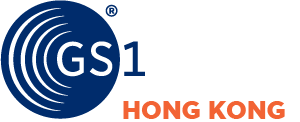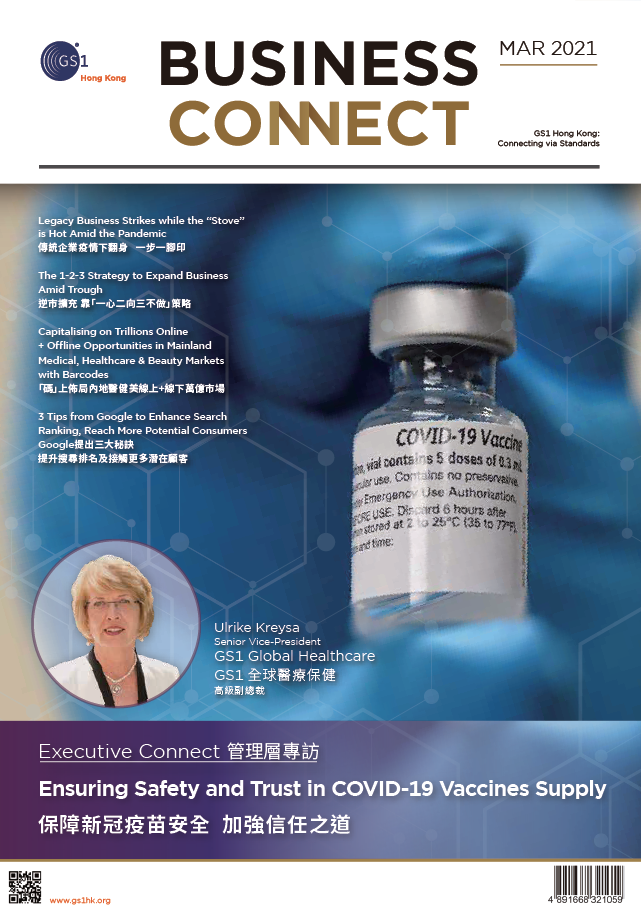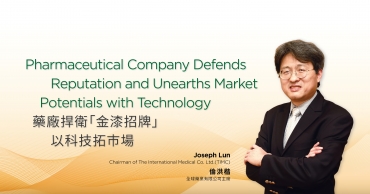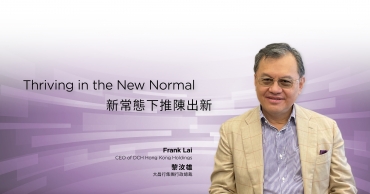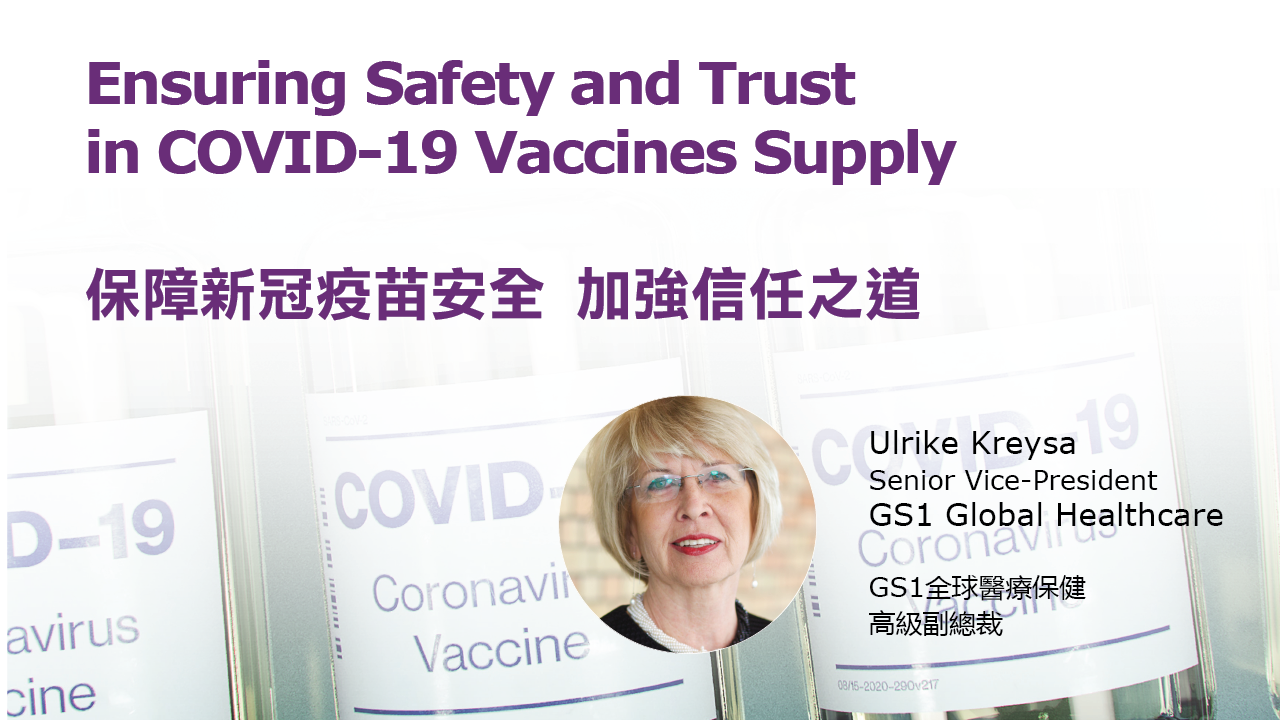
Ensuring Safety and Trust in COVID-19 Vaccines Supply
As the world continues to battle against the COVID-19 pandemic and grapple with the harsh reality, hope is on the horizon with the global rollout of massive vaccination programmes. Governments are beginning the complex process of global vaccine distribution, and the world is starting to realise that a trusted supply chain for these lifesaving vaccines depends on global standards necessary to ensure secure distribution, traceability and administration.
Ulrike Kreysa, Senior Vice-President of GS1 Global Healthcare , shared her wisdom with us about what must be done moving forward.
Ensuring the safety and reliability of vaccines in Hong Kong
Trust is a Cornerstone
Referencing a recent Deloitte report, “Securing Trust in the Global COVID-19 Supply Chain”, Mrs Kreysa noted “For vaccine developers, healthcare stakeholders, and society at large, the level of transparency and public trust will determine COVID-19 vaccine acceptance and confidence.”
“I believe that trust is the key for the successful launch, distribution and administration of vaccines.” She explained trust is the belief that another will behave with integrity and consistency—and cannot only be embodied by individuals—but also by standards, processes, and technology. She also noted that transparency will help to instill confidence that vaccines are safe and genuine, and that allocation is being done fairly and equitably worldwide.
According to the Deloitte report, concerted effort is necessary in four key areas to achieve efficiency, security, speed and public trust in vaccine delivery:

1. Advancing Industry Collaboration
Vaccination on a global scale requires common effort between industry, scientists and international organisations. Pharmaceutical companies are not in competition with one another on the development of a vaccine; instead, they are working in collaboration with the world’s top scientists to save lives. These partnerships, both in vaccine development and in clinical trials between industry and universities, create trust.
2. Embracing Global Standards
COVID-19 vaccines, therapeutics, associated medical devices and consumables present an urgent need for traceability built upon global identification. GS1’s supply chain standards are the most widely utilised in the world; using
these existing standards for harmonized implementation of vaccine packaging requirements will further patient safety goals, adding an element of trust at all levels of the supply chain.
Use of global GS1 standards means that every product, at every level of packaging, is uniquely identified. This identification information is captured in a standardised barcode, in healthcare often the GS1 DataMatrix, that can be
read by all supply chain partners and is essential for healthcare providers to administer vaccines with confidence.


3. Anticipating Challenges for Vaccine Delivery
Challenges to anticipate include capturing adverse events, identifying falsified vaccines, cold chain logistics equirements, and mixing and matching of vaccines depending on availability, etc.
Product integrity
It is important to identify and label the vaccines, which allows for capturing precisely which patient, received which vaccine, and when. Visibility enabled by aggregating global data will engender a higher degree of trust.
Anti-counterfeit
It is expected that the highly anticipated vaccines, needed by so many people, will have the highest risk of being falsified. This should be monitored and prevented to avoid significantly undermining public trust in safe vaccines. This is where track and trace plays a critical role.
Optimizing delivery and last mile cold chain challenges
The cold chain requirements for vaccines are an unprecedented logistical challenge on a global scale. This is especially true for Fosun BioNTech vaccine which requires “ultra-cold” storage at below -70°C.
DCH Auriga Handles Comirnaty and Sinovac Vaccine Supply Chain in HK
DCH Auriga, one of the largest healthcare distributors in Hong Kong, has been assigned to monitor the safe and efficient storage and distribution of both vaccines.
They are in charge of the end-to-end validated supply chain from collecting the product from the airport, receiving at the DC, storage, pick-and-pack, repacking, labeling, to local deliveries. DCH Auriga have made very detailed preparations to store and transport the vaccines in full accordance with the requirements set by the drug manufacturers and the Government.
“Vaccine identification information like the GS1 barcode is essential for healthcare supply chain stakeholders to uniquely identify and track-and-trace each jab, from delivery to point of administration.”
「應用疫苗識別資訊如GS1條碼對醫療保健供應鏈持份者尤其重要,方便獨有識別,並於供應鏈從運送到疫苗發放等每個點都做好追蹤追溯。我相信透過採用GS1標準,就能提升供應鏈透明度及改善協作,繼而減低疫苗錯配、過期及假疫苗的風險。」
- David Mouland, Vice President Logistics of DCH Auriga
奧利佳(香港)物流副總裁David Mouland
4. Using Clear and Transparent Communications
Vaccine uptake will need to be facilitated by clear, evidence-based and tested communications. It is critical that governments and the public and
private sectors come together to build confidence and ensure that patients have trust in the newly developed vaccines—especially since vaccination may be voluntary in many parts of the world

WHO, GAVI & UNICEF Require/Recommend GS1 Standards for Vaccines identification
Currently, COVID-19 vaccine suppliers are either using GS1 DataMatrix on their vaccine packaging or are in the process of implementing this based on national or regional requirements.
Today more than 70 countries have healthcare regulations or trading partner requirements for which industry uses GS1 standards. WHO recommends that all vaccines be identified with this data in a standardized barcode." GAVI and UNICEF have also required/ recommended the use of GS1 standards on the secondary packages of vaccines.

Ulrike Kreysa has facilitated the WHO Vaccines barcode subgroup, which developed worldwide guidance for the automatic identification with barcodes for vaccines to enable traceability and an improved supply chain. She was also one of the facilitators of the APEC work group on Track and Trace systems.
